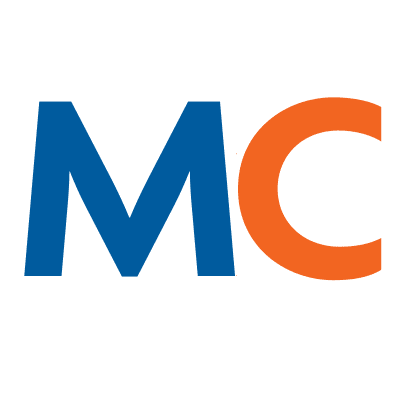- Solutions
- Solutions
- Home Health
- Hospice
- Life Plan Community
- Palliative Care
- Private Duty
- Senior Living
- Skilled Nursing
- Skilled Nursing
- Skilled Nursing Software
- Advanced Insights
- Customer relationship management
- Data and analytics
- Financial & operations management
- Marketing
- Nutrition management
- Referral management
- Regulatory compliance
- Retail management
- Resident engagement
- Revenue cycle management
- Skilled nursing interoperability
- Partners
- Blogs
- Resources
- About
- User Conference

Effectively manage a diversifying payor mix
A Medicare Advantage plan, also known as a managed care plan, is a Medicare-approved plan from a private insurance company that offers an alternative to original Medicare for your health and drug coverage — and these alternative plans are on the rise. According to CMS, 50%, or 31 million, of all Medicare beneficiaries are enrolled in a Medicare Advantage plan. In fact, by 2030, Medicare Advantage plans are expected to enroll 60% of Medicare beneficiaries.
While these plans often state they follow Medicare billing guidelines, that’s not always true. It’s common for them to have billing requirements, timely filing deadlines, appeal processes, and types of denials that differ from traditional Medicare.
In this blog, we explore the industry’s biggest challenges with these managed care plans, requirements for top plans, and tips to improve your authorization process.
The biggest challenge of managed care plans in home health and hospice
Unlike traditional Medicare, managed care plans do not have a claims processing turnaround of 14 days. Instead, it can extend to 45 or 60 days — a significant jump that can lead to denials for many different reasons, the most common of which is missing or invalid data.
Claims are not formatted per payor guidelines, but this can be avoided by setting up your payor correctly when you contract them. Did you set the payor up on a standard generic claim form, but it needs to have a CBSA and a FIPs code? No one wants to have a delay in payment because of something like this. Make sure you fix it at the source for success in the long run.
Requirements for the top Medicare Advantage plans
While each managed care plan is supposed to work like Medicare, they all have their caveats. The requirements are based off the contracts that you have with each payor. These can differ from contract to contract, but most require an NOA within five days and authorization.
Tips for improving your authorization process
With the volume of authorizations growing with the increase of Medicare Advantage plans, authorization management plays a critical role in today’s environment. Each patient needs to be continuously managed throughout the admission. To be successful, your authorization team should work closely across your entire organization.
Ensure they’re aware of the following factors:
- New start of cares (SOCs) need authorization requested up front before the initial visit
- Each new recertification will have a new plan of care
- Not all payors approve an entire certification period at once, some will approve for 30 days or at the end of the order frequency
- Resumption of care is often overlooked, but frequencies and needs can change when a patient is resumed
- There will be times when an order is discounted, added or changed mid-certification period
- Approved authorization may only be for a certain number of visits, not unlimited through the end of the month, so reviewing reports in your EMR is important to maintain utilization
- Some payors will not retro authorization — but do not write off dollars due to late authorizations (let them deny and then appeal)
A diversified payor mix can benefit home health and hospice organizations, but managed care plans can further complicate an already complex claims process. Schedule a consultation to learn how we can help you navigate and manage Medicare Advantage.
Request a consultation for a closer look at MatrixCare.
See what MatrixCare can do for you
Sue Weeks
Sue possesses a diverse range of experience in the Home Health and Hospice field, including firsthand involvement in managing authorizations, accounts receivable, and various other revenue cycle positions within Home Care and Hospice agencies. Additionally, she has played a pivotal role in software implementation, specifically in the financial model, where she trained customers on best practices, software functionality, and system administration. Sue's experience includes working closely with payors, particularly Medicare, and she has become a subject matter expert on the specific billing rules and regulations applicable to Home Care and Hospice.
Currently serving as the Project Manager for the Revenue Cycle Division, Sue leverages her skills and knowledge to develop optimal workflows for the RCM team, update auditing and quality measures, provide training, and collaborate with customers to enhance their billing and accounts receivable processes.
Related Posts


See MatrixCare in action
Start by having a call with one of our experts to see our platform in action.
MatrixCare offers industry-leading software solutions. Thousands of facility-based and home-based care organizations trust us to help them improve efficiency and provide exceptional care.






